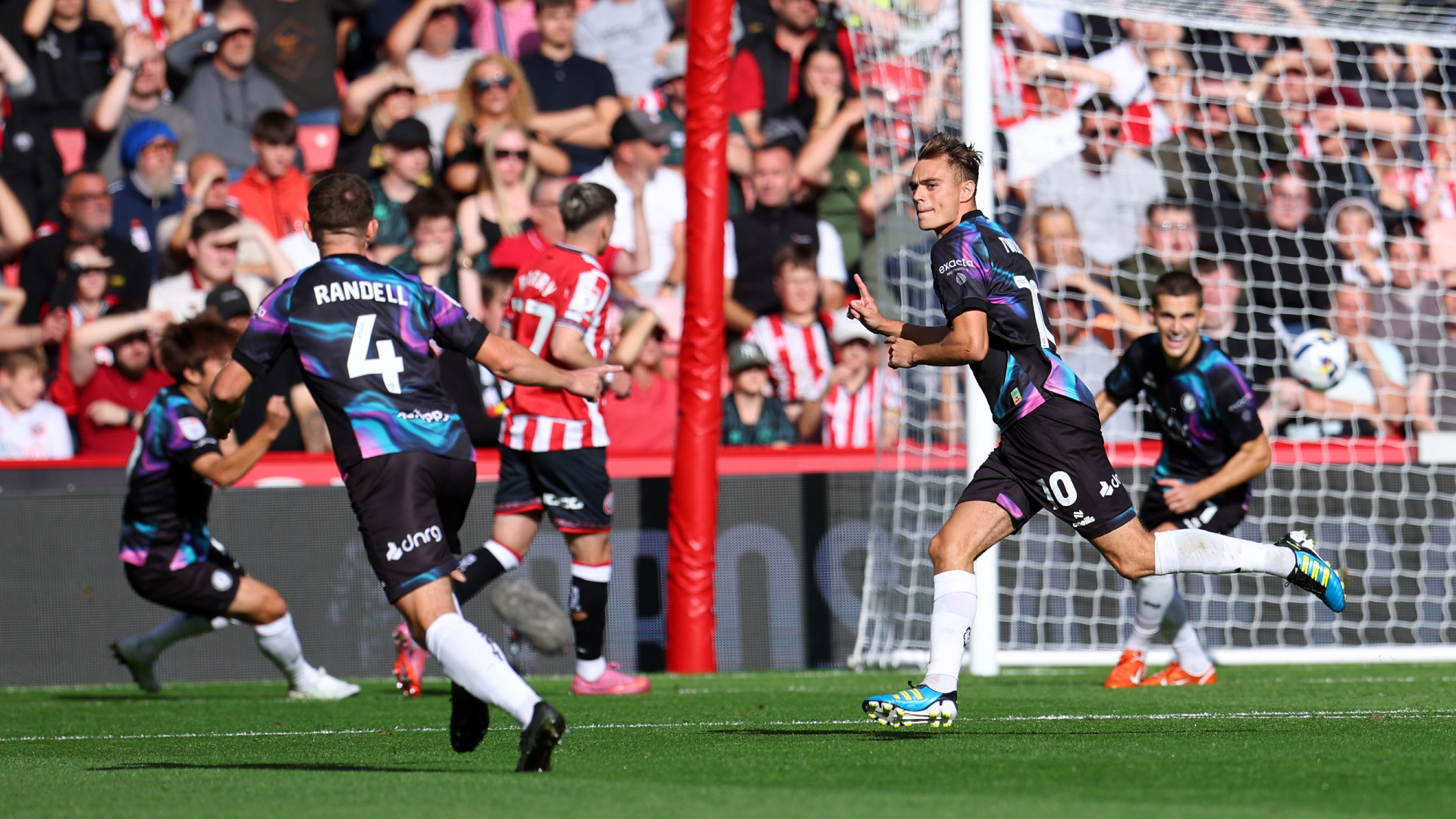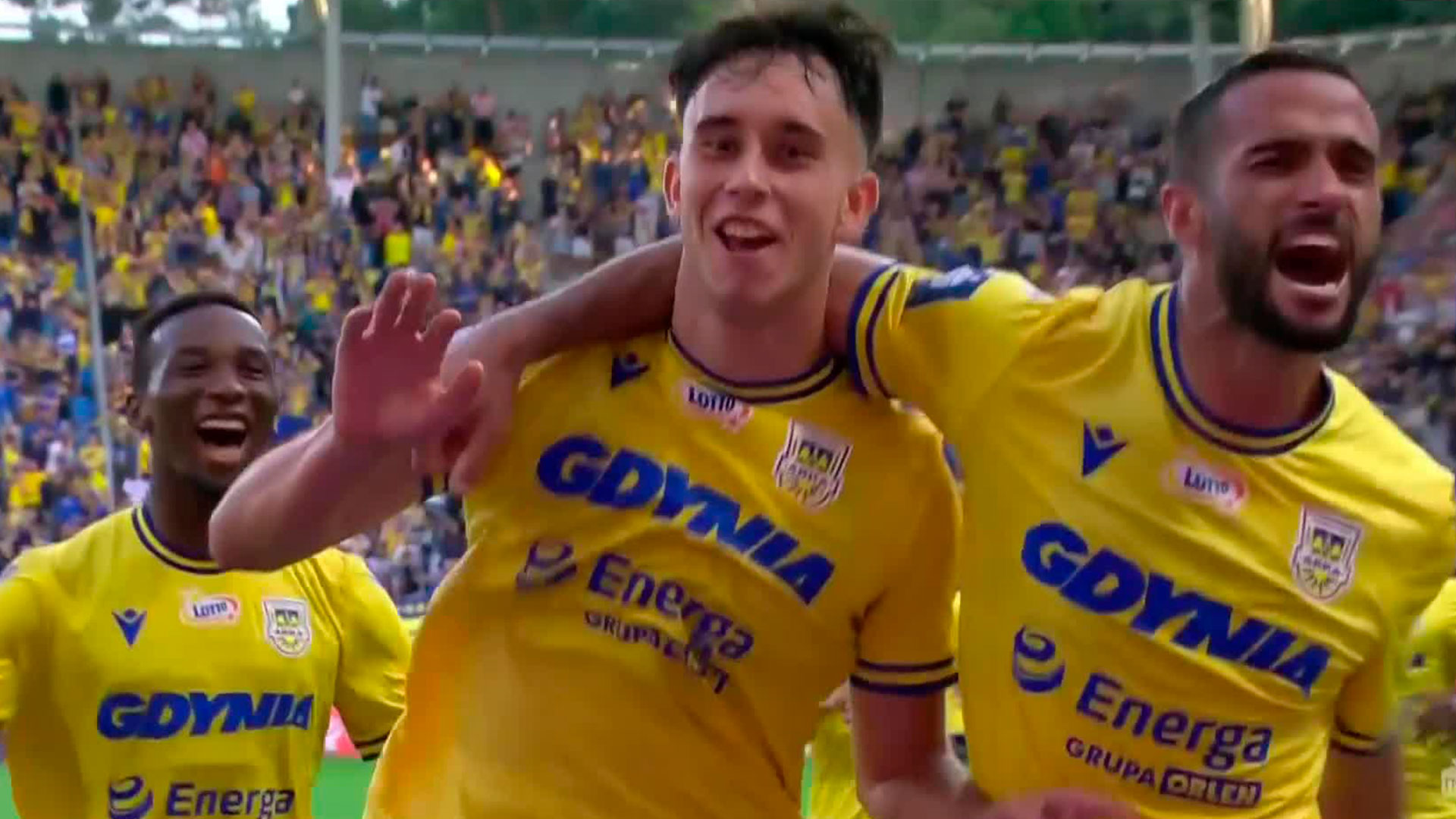The Names Behind the Copa: Unique Stories from South American Clubs
The Copa Libertadores and Copa Sudamericana are South America's top club competitions, equivalent to the UEFA Champions League and Europa League in Europe. While teams like Flamengo, River Plate, Palmeiras, Atlético Nacional, and Peñarol are widely recognized, other clubs stand out for their unique names and fascinating origins.
This edition features three teams making headlines not only for their performances but also for the stories behind their names: Carabobo FC (Venezuela) and San Antonio Bulo Bulo (Bolivia) in the Libertadores, and Mushuc Runa (Ecuador) in the Sudamericana.
The Origins of the Copa’s Most Intriguing Names
Carabobo FC (Venezuela)
This Venezuelan club takes its name from the state of Carabobo, which might sound odd to Spanish speakers at first. However, its true origin is far more meaningful. The most accepted theory traces the name back to the indigenous Arawak language, where "Karau" means "savanna" and "bo" means "water." The repetition "bo bo" emphasizes abundance, resulting in "land of many waters"—a poetic name that reflects the region’s natural wealth.
San Antonio Bulo Bulo (Bolivia)
This Bolivian club hails from the town of Bulo Bulo, located in the Carrasco province at the foot of the Andes. The town’s unusual name has an equally unique origin—it was chosen in the 1960s by a geologist surveying the area, who decided to name it after his family members. Over time, the settlement grew, largely centered around oil and gas production.
As for the team itself, San Antonio Bulo Bulo has drawn attention with a crest that bears a striking resemblance to Brazil’s national team emblem. Interestingly, one of their top scorers was discovered in a modern way—through viral Facebook videos.
Mushuc Runa (Ecuador)
Based in Ambato, Ecuador, this club has deep indigenous roots. Its name comes from the Quechua language, where "Mushuc" means "new" and "Runa" translates to "man" or "human being," forming the phrase "New Man."
Founded by the indigenous Chibuleo people, the team has maintained its cultural identity despite having few indigenous players today. They honor their heritage uniquely, often wearing a traditional red poncho before matches as a symbol of pride. Additionally, in a show of ambition and cultural pride, the Chibuleo community invested $200,000 in a state-of-the-art team bus, making a statement both on and off the pitch.
South American Soccer: A Blend of History and Passion
These clubs, alongside the continent’s giants, aim to make history in the Copa Libertadores and Copa Sudamericana. Each has a unique background but shares the same dream—to leave their mark on the beautiful game.
Catch all the action from these thrilling tournaments on beIN Sports, beIN Sports en Español, beIN Sports Xtra, and beIN Sports Xtra en Español. Don’t miss the excitement of South American football! ⚽🔥





















